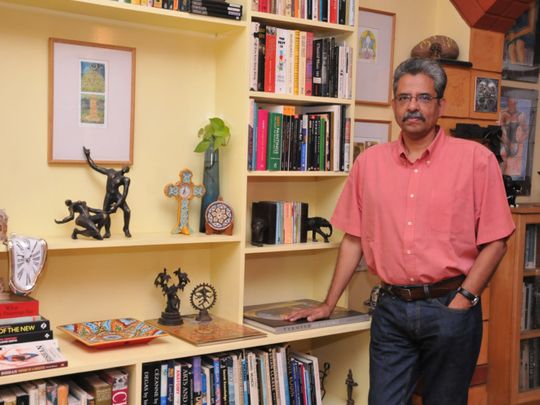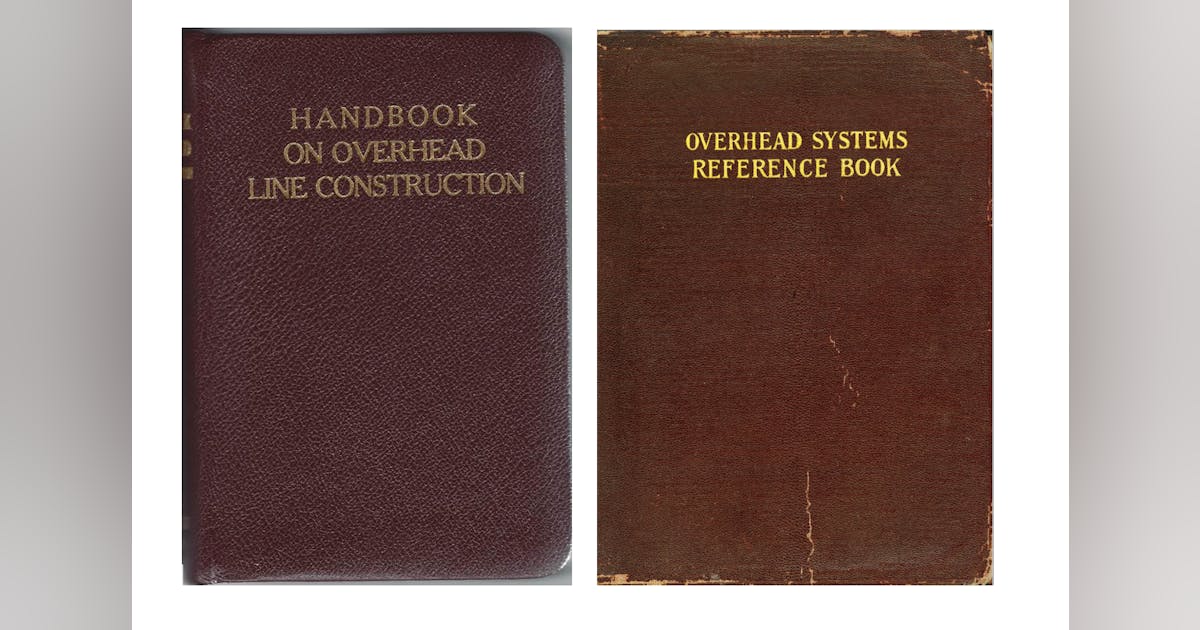Author Suresh Menon writes a book about books

If the rules are followed, a title is supposed to contain the DNA of the book, its very spirit. It usually includes less of the author’s personal history and more of the personalities that lie within. But the title of Suresh Menon’s latest book Why don’t you write something I can read? is entirely based on conversations he had with his wife. As Suresh says in our interview, “I break the rules as often as I make them”.
The compelling title grew out of Suresh’s penchant for writing cricket books – and his wife’s slow reading of them. “All the books I wrote before this one were cricket books,” Suresh said in a phone interview from his home in Bengaluru. “I used to ask my wife to read at least a chapter of it and she was always like ‘why don’t you write something I can read? “
And he did. While not a total sacrifice for his wife, the former Dubai-based sportswriter and now India-based columnist confesses to enjoying an equivalent bibliophilic thrill throughout the process. “I had a lot of fun writing it during the pandemic and the early lockdowns. It didn’t take a lot of hard work because that’s what I’ve been doing all my life – I read books and have fun doing it.
The result of this love story is about 270 pages of excerpts on everything related to literature. Authors, readers, ghost writers, playwrights, poets – everyone finds a mention. There is a chapter on the attraction of the suffering writer to his art, and whether suffering is almost a prerequisite for the creation of a great work. There’s one about a man who’s probably read more books than anyone else on earth. Others on Wodehouse, and Paulo Coelho, and Orwell, and Ved Mehta. There are facts – “Jane Austen used forty-five clichés for 100,000 words” – too.
Sprinkled generously with personal stories of his friends, parents and wife. The chapters can be read in any order – although Suresh jokingly advises against reading too many in one day. “I should have called it ‘A Reading Life’ but it makes me feel like I’m about 150,” he jokes. “It took a lifetime to write it. This again sounds very pompous, but what I mean is that everything I’ve read over the years is part of this book.
Is the book then reserved for literature enthusiasts? Suresh disagrees. “It’s aimed at a general audience, although a literary audience will recognize many of the books and authors I’m talking about.”
He is quick to say that he thinks it was a brave decision on his publisher’s part to go ahead with the book. It is a collection of literary essays. These are not exactly fast-selling items. But my publisher first had the idea for this book. It’s not always that you don’t have a constantly battling writer and editor.
“But the reviews have been good critically and commercially. It worked well, so it wasn’t such a bad idea.
Many top writers don’t promote extensively. But it’s hard from a writer’s perspective and it’s easy for me to take a moral high chair, but I understand why it’s happening and how it keeps happening.
– Suresh Menon, author
But Suresh is a firm believer in not keeping the commercial aspects in mind while writing down one’s thoughts, in an attempt not to dilute one’s purity. ‘I write exactly what I want to write, if it works that’s fine, but selling and producing is the editor’s watch. My job is to write as honestly as possible.
The chapter on VS Naipaul is particularly poignant, with Suresh showing his admiration for the late author. Is it easy for Suresh to separate art from artist, with Naipaul widely seen as a misogynist, among other things?
“I’m inconsistent about it,” Suresh says. “I can easily do it in some cases and not in others, and it depends on the person concerned. I am not blind to this aspect of Naipaul. Most writers you meet, there are things you like about them and things you don’t.
“Alice in Wonderland is such a beautiful book that we read at school – but the man who wrote it may have been a paedophile. How do we deal with this? I know it but I don’t I’m not consistent about this. I’m able to make this distinction in theory but not always in practice.
Suresh isn’t afraid to court controversial topics in Why Don’t You Write…, whether it’s writing that Enid Blyton’s work might have been treated unfairly or the literary snobbery that exists due to an upbringing. “English” in India. “I think writers have a literary obligation to tell the truth and a moral obligation to write with integrity.”
Was it difficult to switch from sports writing to literature? “I thought my sports writing was literature!” he’s laughing. “But it’s a continuum. I didn’t wake up one morning deciding I was going to write X number of essays. Why don’t you write… involved me writing over a long period of time; I had read books that were written over a long period of time. Maybe I had to recheck a quote or go back to a particular book for some nuance of reference. There has been no specific research in this direction. I checked to see if my quotes were correct – that’s the context of the journal at play.’
To this day, Suresh is a serial reader, and he points to the multitude of books piled on shelves in the background of where he is seated. ‘I’ve read about half a dozen books simultaneously…I could leave several unfinished because it might be uninteresting or another book is more interesting, or I might be traveling and not a Kindle-type person. Every room in this house is filled with books. One day these books are going to drive me out of the house.
Currently, he is balancing Julian Barnes’ Elizabeth Finch, John Berger’s collected essays Places of Mind: A life of Edward Said and James Poskett’s Horizons, a world history of science, “which opposes the Western concept of science”. ‘
Suresh writes about editors looking for a big personality rather than writing. What does he think of authors and self-branding?
“Writers are supposed to promote the book, but writers who become brands themselves, I guess they’re created that way by media or readers, and if that means selling another half dozen books, I guess the writer doesn’t shy away from doing what needs to be done,” he says.
“This is true for most people known to the public, such as athletes, actors or politicians; they operate on the theory that there is no bad publicity.
‘Could this dilute the art? Maybe the art is already watered down, and that’s why you had to press so hard… I understand why this is happening and how it keeps happening.
Next in Suresh’s pipeline is a trip back to an old friend – cricket, though his wife may protest. “I haven’t done one for a few years. But I’m also looking to do something similar to Why Don’t You Write…as a second book.
“The first two books that made me cry were Nicholas Nickleby by Charles Dickens and The Mayor of Casterbridge by Thomas Hardy. had as much fun reading it as I did writing it.







/cloudfront-us-east-1.images.arcpublishing.com/gray/LMS4GGRVH5AB5IAHCD22D6S3SA.jpg)